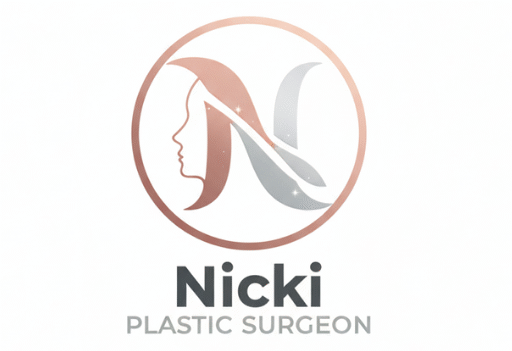
Head & Neck Cancer Reconstruction in London
At her London practice, Dr Nicki Bystrzonowski provides reconstructive surgery for patients recovering from head and neck cancer procedures. Working closely with multidisciplinary teams, she focuses on rebuilding tissue with precision and sensitivity, helping patients regain comfort, movement, and confidence in their appearance.
With her background in both reconstructive and aesthetic surgery, Dr Nicki combines technical excellence with compassion. Each plan is individually designed to achieve the best possible functional and aesthetic outcome while supporting emotional recovery during a difficult time.
What Is Head & Neck Cancer Reconstruction?
Reconstruction after head and neck cancer surgery aims to restore both function (such as speaking, eating, and swallowing) and appearance. Depending on the type and extent of surgery, reconstruction may involve skin grafts, local tissue flaps, or advanced microvascular free tissue transfer, where tissue from another part of the body is used to rebuild the affected area.
Dr Nicki’s role as a reconstructive plastic surgeon involves restoring the delicate structures of the face, neck, and jaw while maintaining balance, symmetry, and natural contour. Every reconstruction is personalised, considering tumour location, tissue loss, and patient goals.
Her approach is holistic: reconstruction is not only about physical repair, but also about helping patients regain a sense of self, confidence, and quality of life after treatment.
Key Information
| Detail | Summary |
|---|---|
| Procedure Time | Varies (2–8 hours depending on complexity) |
| Anaesthetic | General anaesthetic |
| Hospital Stay | Typically 3–7 days |
| Recovery Time | Initial recovery in 2–3 weeks; ongoing healing over several months |
| Scarring | Depends on technique; scars are placed discreetly wherever possible |
| Results Visible | Gradual improvement as swelling settles and function restores |
| Longevity | Long-term; reconstructive results are permanent once healed |
| Follow-Up | Regular reviews with surgical and oncology teams |
How Reconstruction Works
Multidisciplinary Consultation
Patients undergoing head and neck reconstruction are usually referred as part of a multidisciplinary care pathway. Dr Nicki Bystrzonowski works alongside oncologists, ENT surgeons, and maxillofacial specialists to plan reconstruction at the appropriate stage, either immediately after tumour removal or as a delayed procedure once cancer treatment is complete.
Anaesthetic and Planning
Reconstruction is performed under general anaesthetic. Dr Nicki carefully plans incision placement and tissue design to ensure functional restoration while maintaining facial balance and proportion.
The Procedure
Depending on the complexity, reconstruction may involve:
Local flaps – repositioning nearby skin and muscle to cover the defect.
Skin grafts – transferring thin layers of healthy skin from another area.
Microvascular free flaps – transplanting tissue (with its own blood supply) from the arm, thigh, or abdomen to restore structure and movement.
Every case is individual. The aim is always to rebuild tissue with precision, preserve nerve and muscle function, and achieve natural contour and symmetry.
Recovery and Rehabilitation
After surgery, patients are closely monitored in hospital to ensure healthy tissue healing and circulation. Physical and speech therapy may be part of the recovery process, depending on the area treated. Dr Nicki and her team provide ongoing care and emotional support throughout recovery.
Long-Term Results
Successful reconstruction not only restores form and function but also helps patients regain confidence and comfort in everyday life. Scars fade over time, and improvements in symmetry and movement continue as healing progresses.
